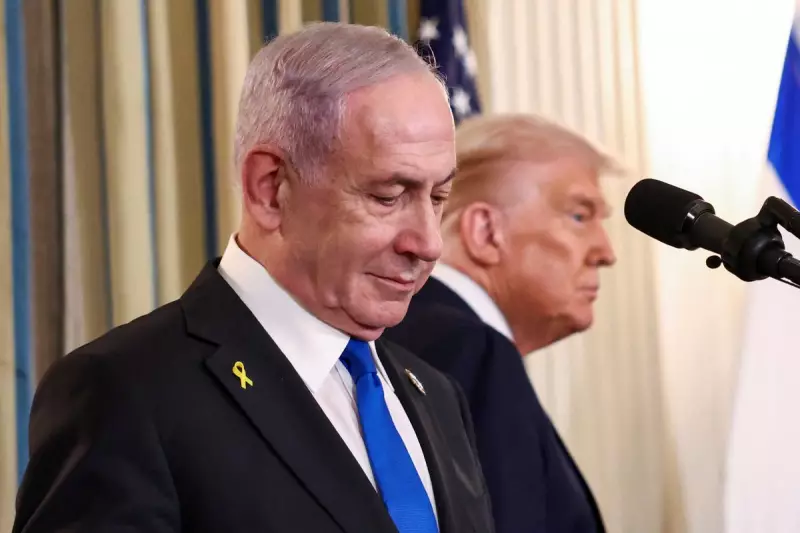
In a significant political development that could reshape Middle Eastern diplomacy, former US President Donald Trump has thrown his weight behind Israeli Prime Minister Benjamin Netanyahu's proposed ceasefire plan for Gaza. The unexpected endorsement comes at a critical juncture in both the ongoing conflict and the American presidential race.
Political Earthquake in Middle East Diplomacy
The controversial ceasefire proposal, which has drawn mixed reactions internationally, received a powerful boost when Trump publicly aligned himself with Netanyahu's strategy. This move represents a calculated intervention in foreign policy by the Republican presidential frontrunner, potentially complicating the Biden administration's diplomatic efforts in the region.
Timing and Implications
Political analysts suggest the timing is particularly significant, with the endorsement coming during a delicate phase of negotiations between Israel and Hamas. The Trump intervention may strengthen Netanyahu's domestic position while creating new challenges for international mediators attempting to broker a sustainable peace agreement.
The former president's statement emphasised his longstanding alliance with the Israeli leader, highlighting their coordinated approach to Middle Eastern affairs during Trump's administration. This public show of support underscores the continuing influence Trump wields in international diplomacy, despite no longer holding office.
Domestic Political Repercussions
The endorsement has immediate implications for the 2024 presidential campaign, where Middle East policy remains a contentious issue. Trump's position potentially contrasts with the current administration's approach, setting up foreign policy as a key battleground in the upcoming election.
Critics have questioned the appropriateness of a presidential candidate intervening so directly in active international negotiations, while supporters argue it demonstrates Trump's continued commitment to supporting key US allies.
Regional Reactions and Next Steps
The ceasefire plan itself, now bolstered by Trump's endorsement, faces significant hurdles. Hamas officials have previously expressed reservations about certain aspects of the proposal, while some Israeli political factions have also voiced concerns about the terms.
International observers are watching closely to see how this high-profile endorsement might alter the negotiating dynamics. The involvement of such a prominent figure in US politics adds another layer of complexity to an already tense diplomatic situation.
As the situation develops, all eyes remain on how the various stakeholders will respond to this latest development in one of the world's most intractable conflicts.






